Njamito Goes Fairtrade for Cocoa and Vanilla
March 31, 2025Njamito is now Fairtrade certified for cocoa and vanilla! Here’s what that means for farmers, the planet, and the values behind our meal-in-a-bottle.
Read articleAt LoginEKO, chickpea inoculation introduces beneficial bacteria, improving yields and fostering sustainable soil practices.
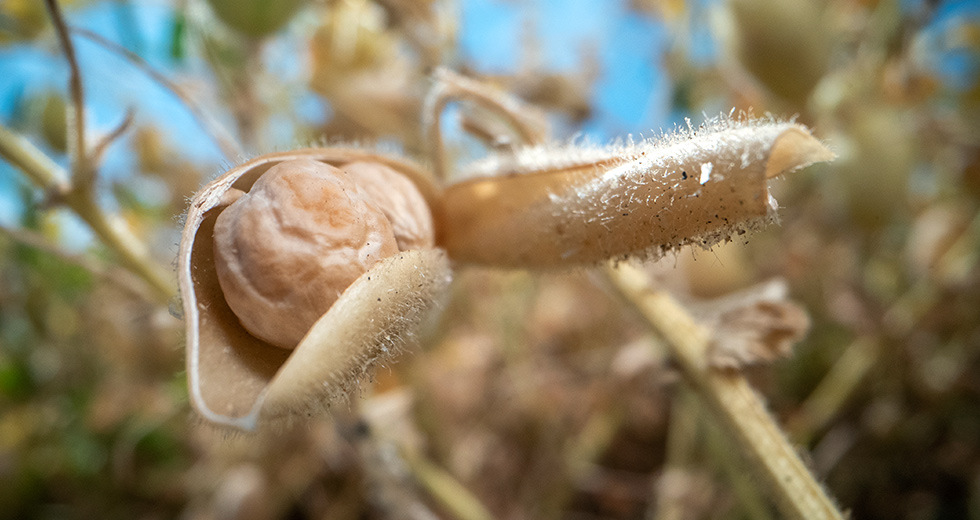
Chickpeas not only provide essential calories and protein but also significantly benefit the environment by enhancing soil fertility. This legume is capable of fixing nitrogen directly from the atmosphere, reducing the need for fertilizers and supporting sustainable agricultural practices.
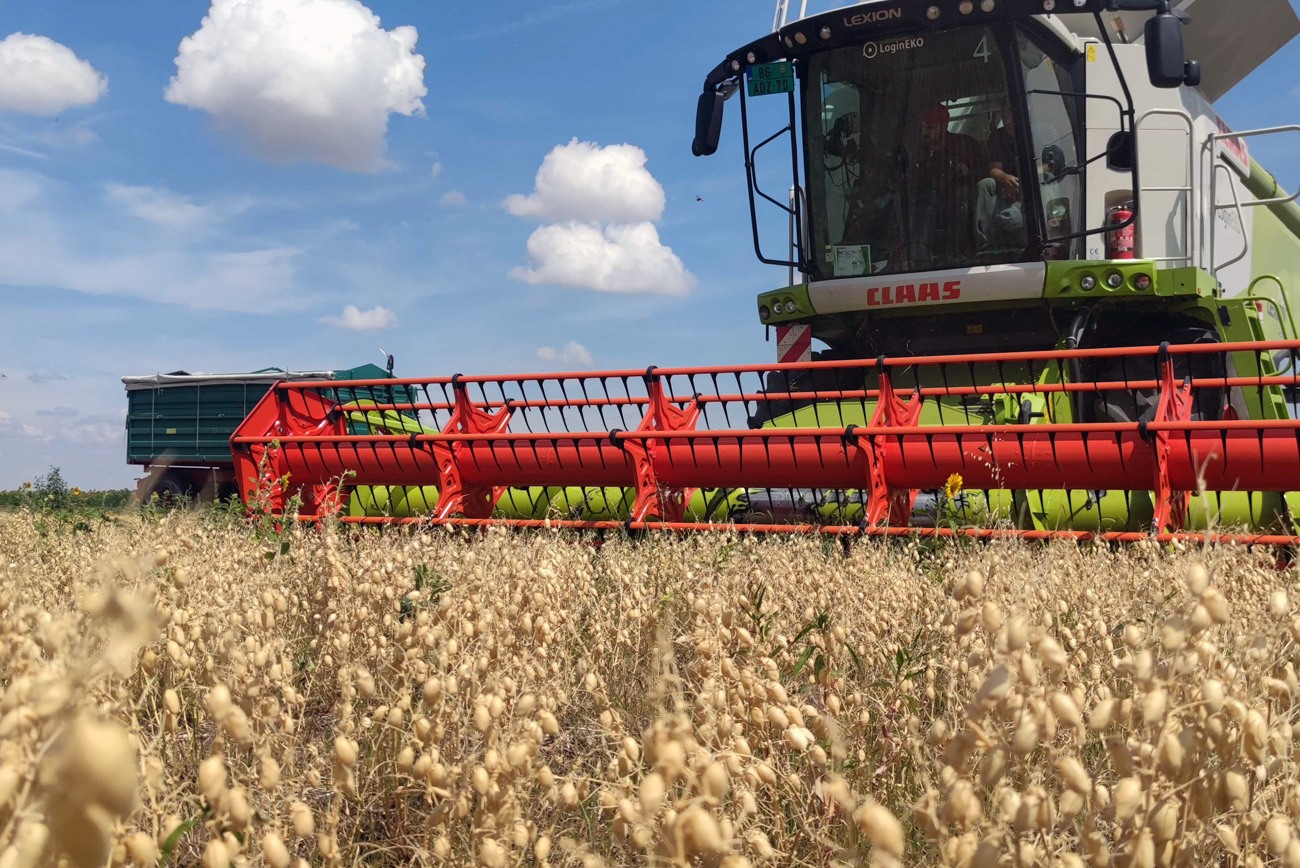
Chickpea inoculation involves introducing beneficial bacteria, specifically Rhizobium, to the chickpea root systems. This not only initiates a beneficial symbiosis but also allows the plants to access nitrogen directly from the atmosphere—an essential process known as nitrogen fixation. Given the limitations and environmental concerns associated with synthetic nitrogen fertilizers, this natural approach offers a sustainable alternative, enhancing soil fertility and reducing reliance on chemical inputs.
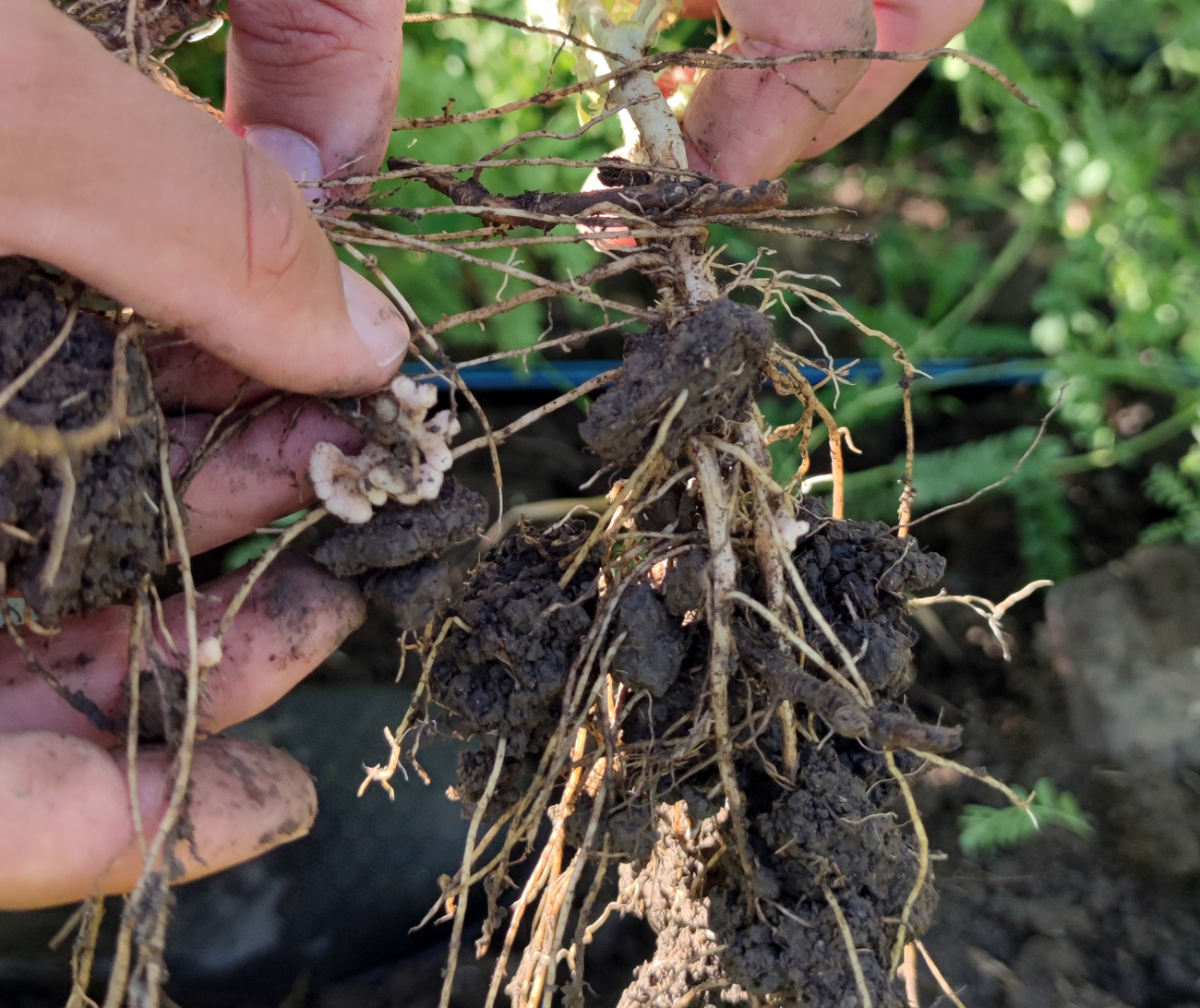
However, achieving successful inoculation can be challenging. In many traditional chickpea-growing regions, the natural presence of Rhizobium is often insufficient due to poor soil fertility and adverse climate conditions.
At LoginEKO, we encountered this very issue. Our fields, located in Serbia, initially lacked the natural rhizobia needed for chickpea growth. These bacteria are vital as they form nodules on the chickpea roots, which are central to the nitrogen fixation process. This interaction not only supports plant growth but also contributes to soil health.
To address this, we experimented with various seed inoculants to introduce these beneficial bacteria and enrich the soil’s biodiversity.
Our agronomists have developed tailored inoculation trials to identify the most effective bacterial strains for our specific soil and climate conditions.
This approach included adjusting the sowing rates and closely monitoring the soil pH levels to ensure optimal growing conditions.
Using a randomized block design, we planted seeds in 32 plots in Mužlja and Novi Kneževac (by clicking on these links, you can go directly to our chickpea fields in our Farming Software), ensuring precise sowing rates and considering soil pH levels. Timing was critical, as seeds needed to be planted at the optimal soil temperature and humidity to avoid adverse weather impacts.
Watch the video to see how we implemented this process.
As the growing season progressed, we were eager to see the fruits of our labor. We knew the inoculation was successful if nodules had formed at the roots of the plants. Fortunately, the trials marked a success with visible nodule formation, a first in the region of Vojvodina.
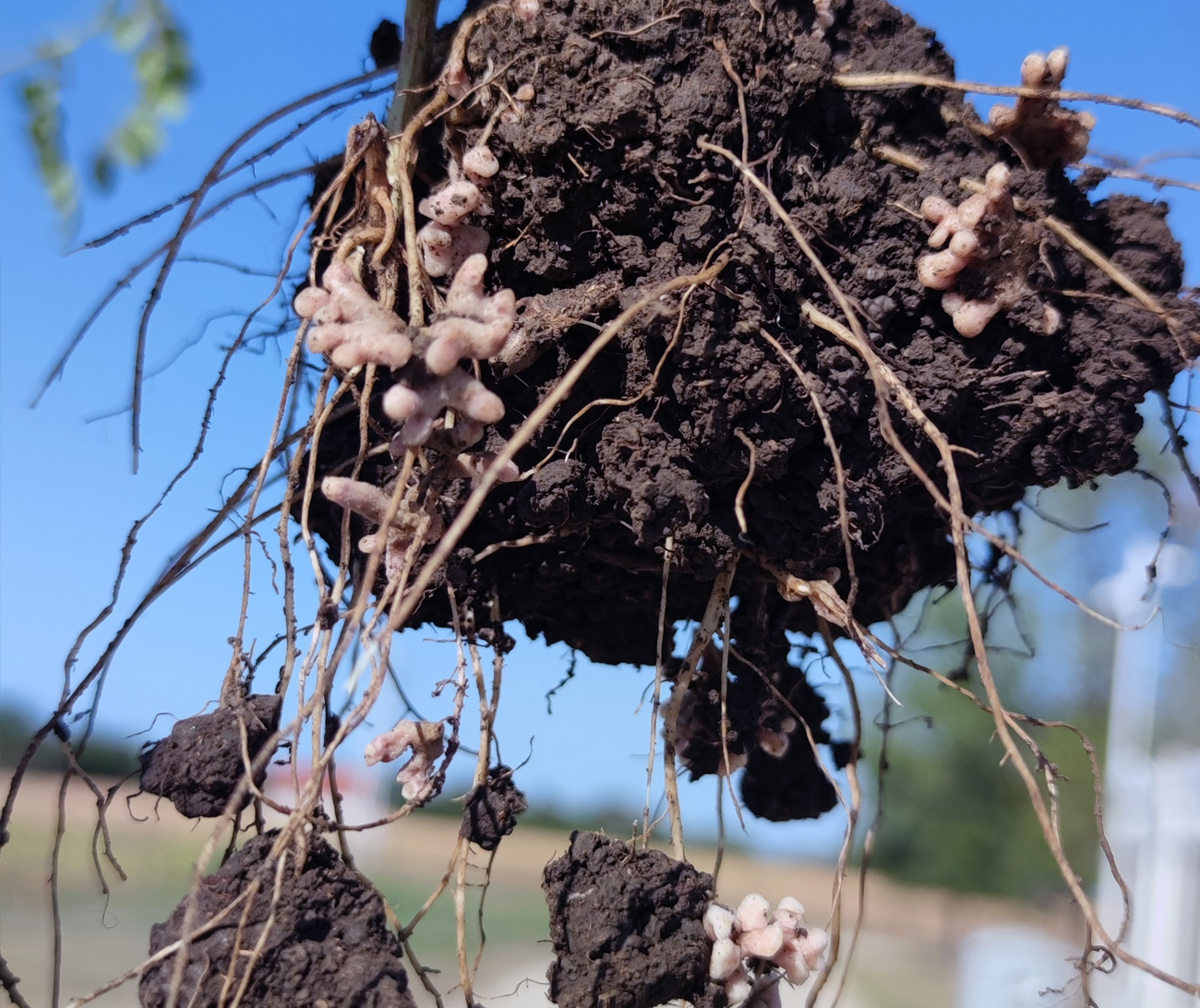
Despite the success, the path has not been without obstacles. We encountered unexpected challenges when rabbits developed a taste for our organic chickpeas, unfortunately diminishing our yield in these test fields.. We carried out another small experiment – in our fenced orchard – to verify the effectiveness of the inoculant strain and the success of the inoculation. The nodules formed successfully, demonstrating that the preparation we used is effective.
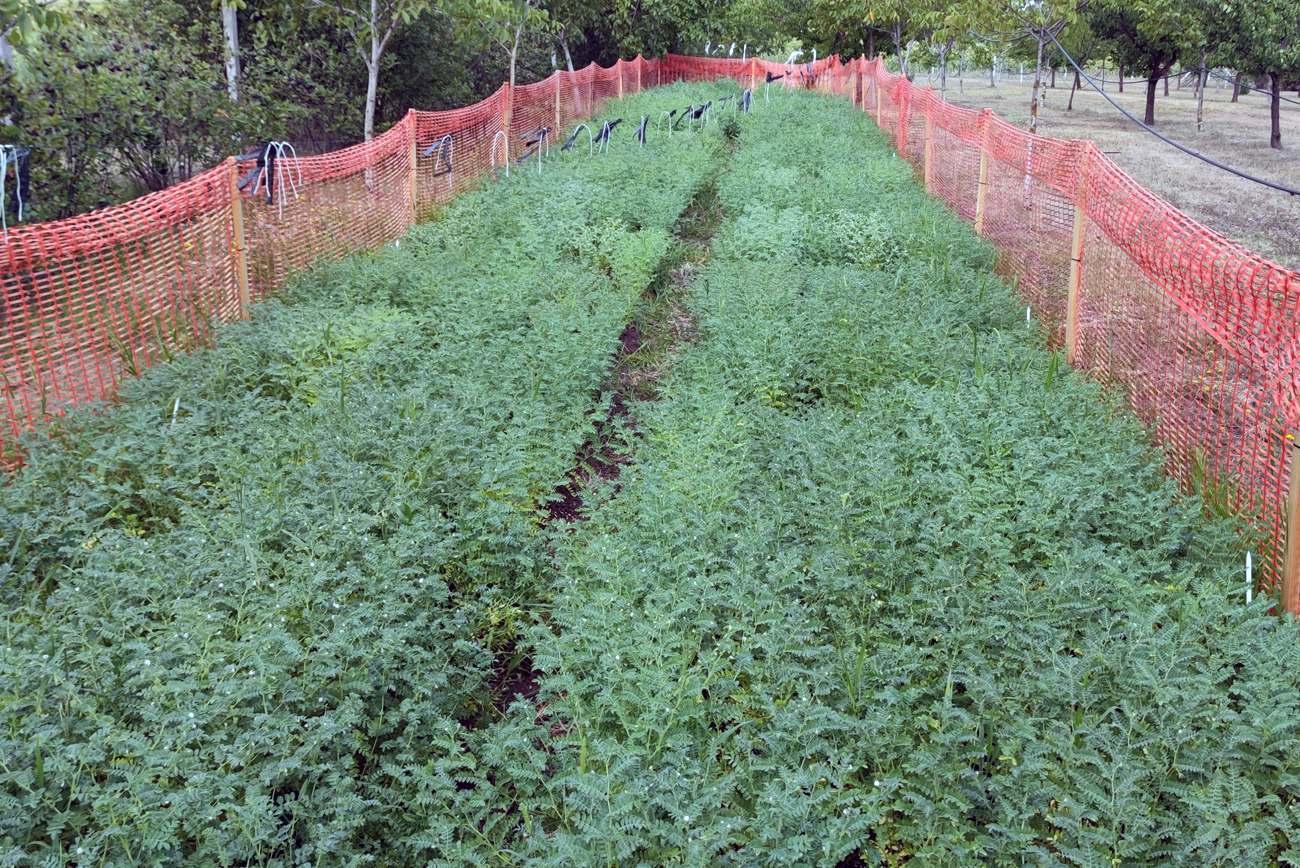
We’ve successfully demonstrated that nodules can form even in our heavy clay soil, thus confirming the effectiveness of chickpea inoculation and setting the stage for future developments.
We will continue these trials next year and expand them to larger areas in the coming years. Our ultimate goal is to share this knowledge freely with other farmers, enabling them to adopt more sustainable practices as we work towards our mission of providing healthy food for everyone.
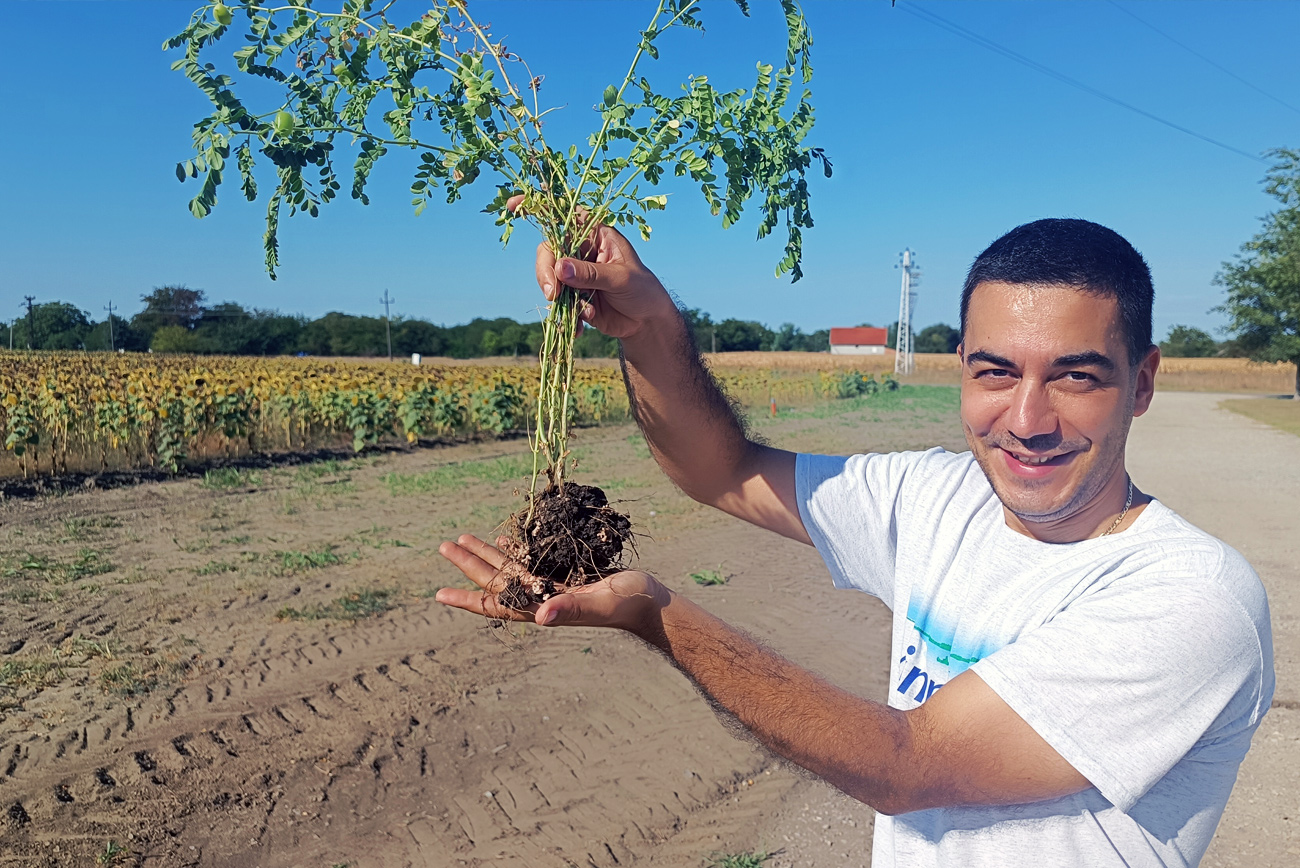
Njamito is now Fairtrade certified for cocoa and vanilla! Here’s what that means for farmers, the planet, and the values behind our meal-in-a-bottle.
Read articleIdealism met reality as we launched our meal-in-a-bottle, Njamito. After 100.000 bottles sold, here’s what we learned about organic food and market adaptation.
Read articleWith organic seeds in short supply, we launched our own organic seed production journey to secure sustainable farming practices.
Read article